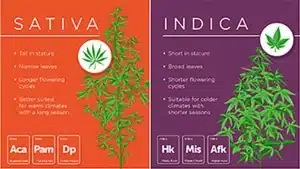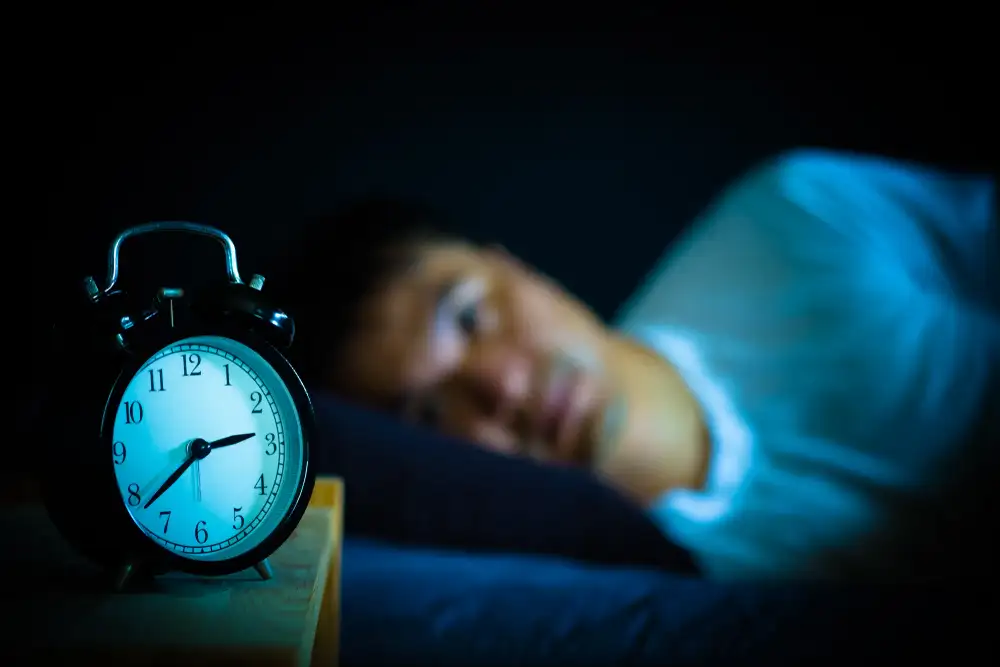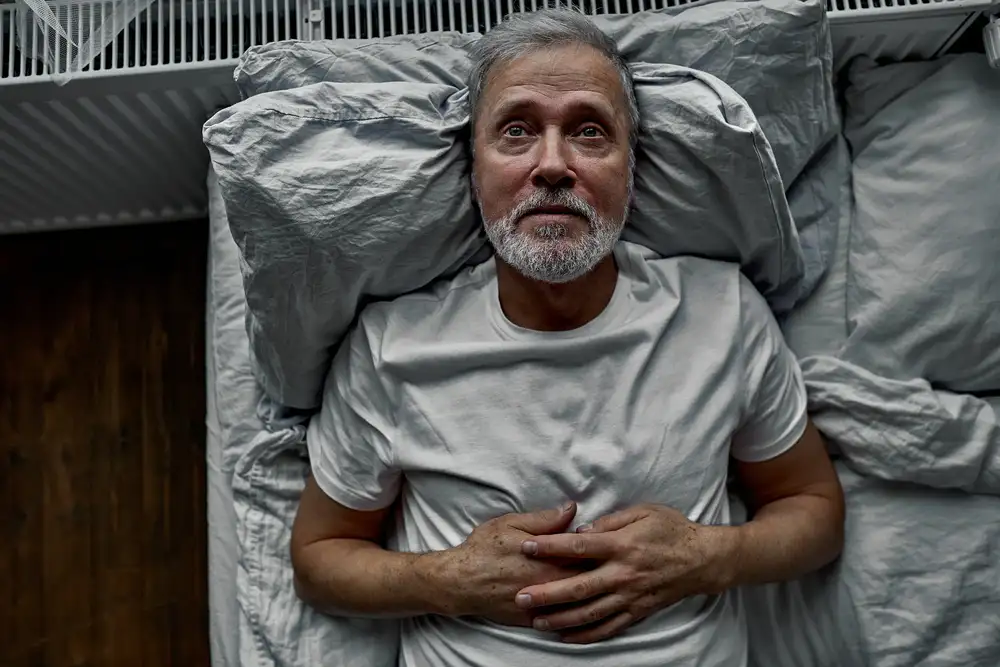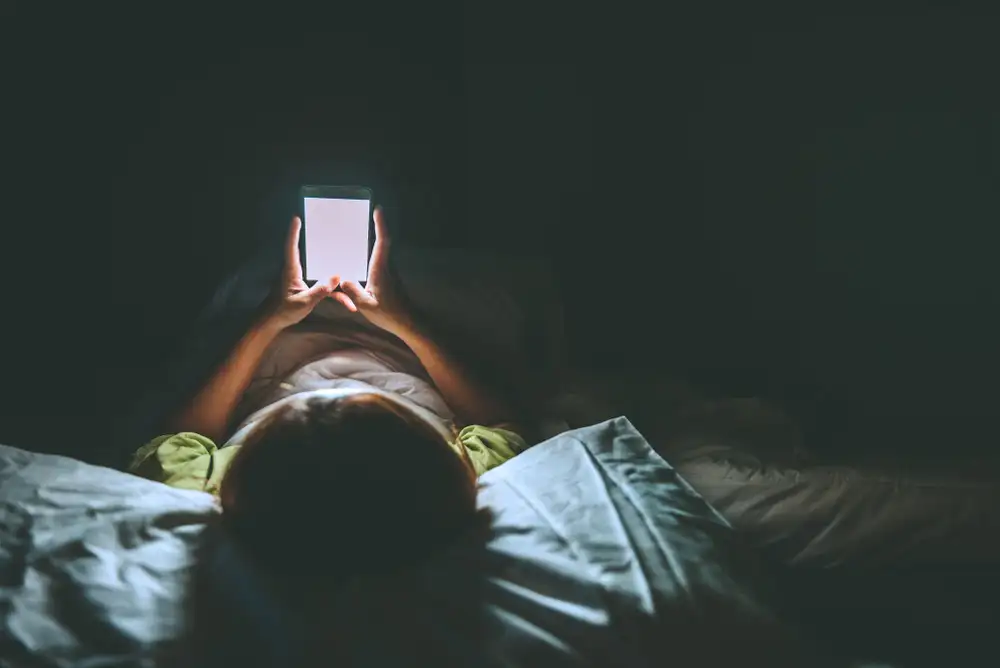
How MMJ Health can help Patients with Insomnia
Struggling with sleepless nights can be incredibly frustrating, and that’s where insomnia comes into play. Insomnia is a sleep disorder characterized by difficulty falling asleep, staying asleep, or experiencing non-restorative sleep. It can have various causes, including stress, anxiety, chronic pain, and certain medical conditions.
Fortunately, medical marijuana has emerged as a potential solution for insomnia sufferers. The cannabinoids found in marijuana, such as THC and CBD, interact with the body’s endocannabinoid system, which plays a role in regulating sleep and wakefulness. Medical marijuana has shown promise in promoting relaxation, reducing anxiety, and alleviating pain, all of which can contribute to a better night’s sleep. By working with healthcare professionals at MMJ Health, you can explore the benefits of medical marijuana and discover personalized treatment options to help you overcome insomnia and achieve restful sleep once again.


It is worth noting that individual experiences with insomnia can vary, and identifying the underlying cause(s) may require a comprehensive evaluation by healthcare professionals.

When it comes to insomnia, it’s important to recognize that this sleep disorder can manifest in different forms. Understanding the types of insomnia can help individuals and healthcare professionals better identify and address specific sleep difficulties. There are three main types of insomnia:
Diagnosing insomnia involves a thorough evaluation of the individual’s sleep patterns, medical history, and potential contributing factors. Here are the steps that a doctor would typically take to diagnose insomnia:
To diagnose insomnia, a doctor would typically take the following steps:

Terpenes are aromatic compounds found in various plants, including cannabis, which can have therapeutic benefits. When it comes to insomnia, terpenes that promote relaxation and sedation can be beneficial. Some of the best terpenes for insomnia include:
known for its sedative and muscle-relaxing effects, myrcene is one of the most common terpenes found in cannabis.
with a sweet, floral scent, terpineol has sedative and relaxing effects. It may also have antioxidant and anti-inflammatory properties.
with a woody and earthy aroma, humulene may have sedative effects and is also known for its anti-inflammatory and pain-relieving properties.
a terpene with a floral aroma, linalool is known for its calming and anxiety-reducing effects. It may also have pain-relieving properties.
a spicy terpene that may have anti-anxiety and antidepressant effects, beta-caryophyllene may also help to reduce pain and inflammation.
It’s important to note that the effects of terpenes can vary depending on the individual and the strain of cannabis they are using.
Insomnia can have various causes, including stress, anxiety, depression, chronic pain, and certain medical conditions. Fortunately, medical marijuana has been shown to be effective in treating insomnia symptoms, and specific strains can help with sleep disorders.
Here are some of the best cannabis strains for insomnia:
This indica-dominant hybrid relaxes body and mind, uplifts mood and improves focus.
This hybrid cannabis strain makes you feel sleepy, thus helping you to fight insomnia.
Its relaxing properties may help individuals release tensions and find sleep more easily.
This powerful indica strain has high levels of the terpene myrcene, which is known for its sedative and relaxing effects. It can help with insomnia by promoting relaxation and reducing anxiety.
This pure indica strain has been used for centuries to treat insomnia and other sleep disorders. It has a high level of the terpene myrcene, which can promote relaxation and help with sleep.

Insomnia can have a significant impact on one’s quality of life, affecting both their physical and mental health. While there are various treatments available, medical marijuana has shown promise in helping individuals with insomnia get better sleep. By incorporating the right terpenes and strains, medical marijuana can help alleviate symptoms of insomnia and improve overall sleep quality. If you’re struggling with insomnia, consider talking to a medical marijuana doctor to see if it could be a viable option for you. Book an appointment with MMJ Health, which has 9 locations in Florida, to learn more.
In conclusion, if you’re struggling with insomnia and seeking effective solutions, MMJ Health is here to help. With our 9 locations in Florida and a team of friendly and knowledgeable staff, we are committed to providing the best care for medical marijuana in the state. Our experienced doctors can guide you through the process, helping you find the right treatment options tailored to your specific needs. Don’t let insomnia disrupt your life and well-being any longer. Take the first step towards a better night’s sleep by booking an appointment with MMJ Health today. You deserve restful nights and rejuvenating sleep, and we’re here to support you on your journey to better sleep and improved quality of life.
For individuals experiencing insomnia, one of the biggest struggles is the profound impact it can have on their overall well-being and quality of life. Sleep is a fundamental pillar of our health, and when it becomes elusive, it can disrupt various aspects of daily functioning. The constant battle to fall asleep or stay asleep can lead to feelings of frustration, irritability, and exhaustion. Insomnia can affect cognitive functions, concentration, memory, and mood stability, making it challenging to perform daily tasks efficiently. Furthermore, the lack of restorative sleep can contribute to physical symptoms such as fatigue, weakened immune function, and an increased risk of other health conditions. The relentless cycle of sleeplessness and its wide-ranging effects can significantly impact an individual’s physical, mental, and emotional well-being, making it crucial to seek appropriate care and support to address this struggle.